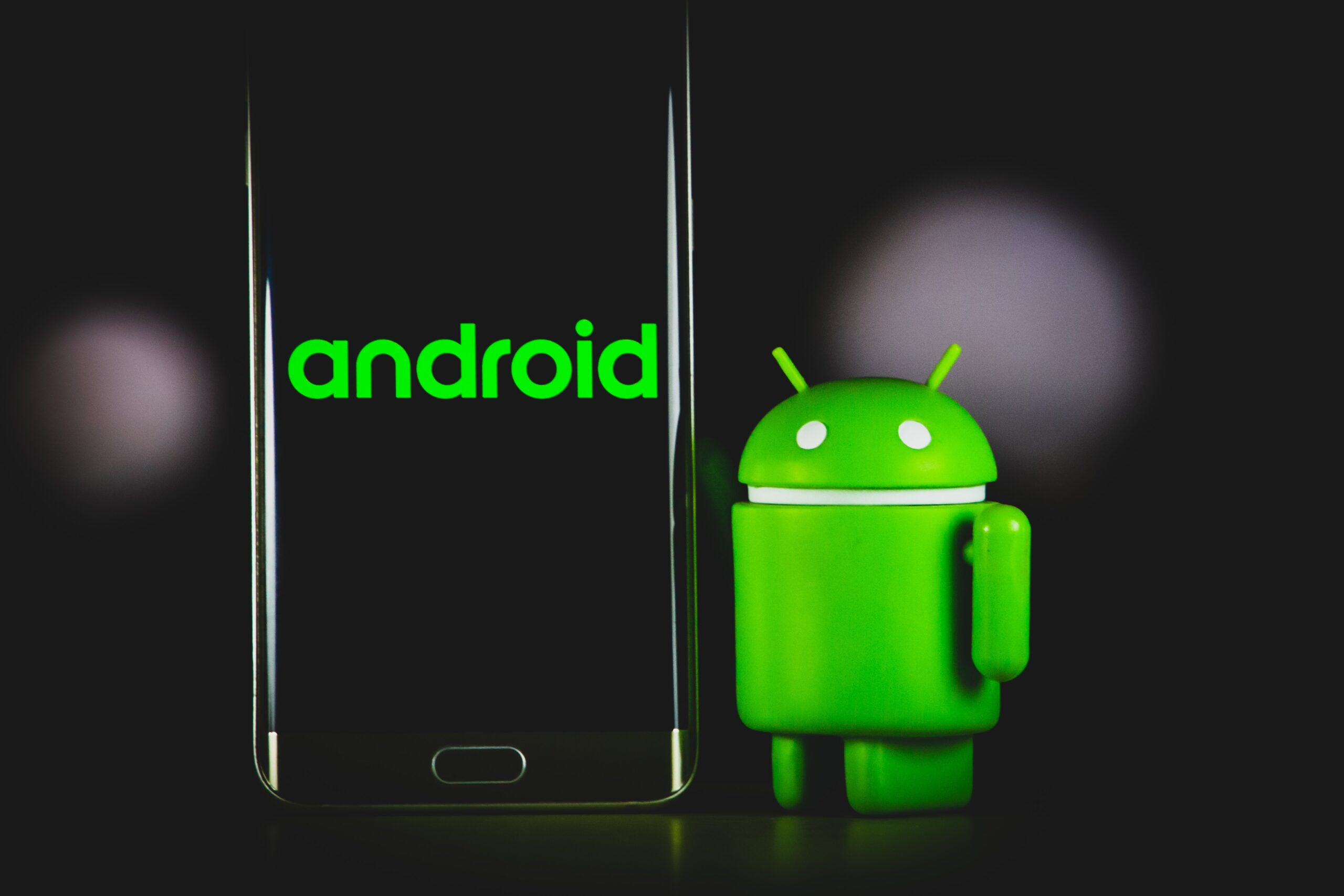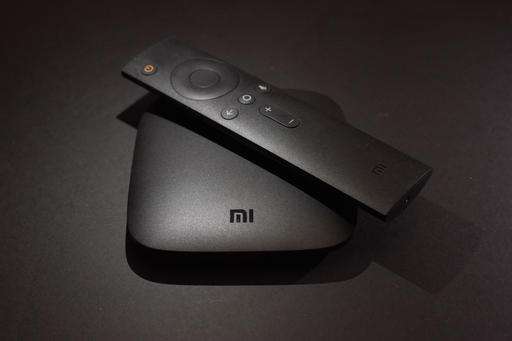
The information that Fb’s Android app has been gathering name and textual content histories is one more black eye for the social media big. However simply why was Fb in a position to siphon off data of who its customers had been contacting—and when—within the first place?
The quick reply: As a result of Google let it. The longer reply: Properly, it is sophisticated.
The social community acknowledged on Sunday that it started importing name and textual content logs from telephones operating Google’s Android system in 2015—first through its Messenger app and later by way of an choice in Fb Lite, a stripped-down model of its important app. Fb added that solely customers who gave applicable permission had been affected, that it did not accumulate the contents of messages or calls, and that customers can decide out of the information assortment and have the saved logs deleted by altering their app settings.
Fb didn’t reply to a number of requests for extra specifics. The kerfuffle over this knowledge assortment, first reported by the web site Ars Technica , follows every week of turmoil for the social community involving expenses that it allowed political consultants to steal the information of fifty million customers with the intention to affect elections.
There is a motive Fb’s actions had been restricted to Android telephones. Apple locks down app permissions tightly, which gives extra privateness safety to iPhone customers. “Apple’s elementary strategy is to gather the minimal quantity of knowledge to maintain the service operating, and hold prospects in command of the data,” stated Wealthy Mogull, CEO of the safety agency Securosis.
However Android has lengthy been extra indulgent.
Till not too long ago, in reality, Google let app builders acquire entry to a telephone’s name and textual content logs. All they wanted was an app that required entry to person contacts. As soon as customers agreed, Android would then additionally grant entry to these communication histories.
Beginning in 2012 with its “Jelly Bean” launch, Android would notify folks putting in such apps that they had been additionally giving apps entry to their name and textual content logs, however nonetheless required them to comply with all these permissions without delay. Rejecting the request meant the apps would not work.
It wasn’t till 2015 when Google launched Android 6.0, dubbed “Marshmallow,” that Android telephones lastly cut up up these permissions. That meant customers might comply with share contacts, however reject entry to their messaging and telephone histories.
That is the identical yr Fb says its apps began gathering this info. However many Android customers aren’t utilizing the most recent model of the software program. The truth is, they usually cannot get it even when they need it.
Apple owns each the software program and {hardware} for iPhones, which permits it to push out new variations of its iOS working software program at will. Google, against this, is essentially on the mercy of each cell carriers and {hardware} makers in the case of distributing new Android variations.
There are almost 20,000 Android telephone fashions now in service, and carriers prefer to tweak the software program for every to make sure that it’ll work as easily as doable on their networks. In consequence, new Android variations attain customers very slowly.
As of January, about 65 % of iPhone customers had been utilizing the most recent iOS software program, launched in 2017. Lower than 1 % of Android gadgets at present use the most recent model of Android, generally known as “Oreo.” (Lots of them are homeowners of Google’s new Pixel telephones, which get software program updates straight from Google.)
Simply over half of all Android customers are utilizing the 2 earlier variations, which permit them to particularly reject the sharing of communication logs. Final October, Google started forcing all apps to comply with the brand new guidelines once they problem updates, even on telephones operating older variations of Android.
All that leaves two large questions unanswered. Why did Google arrange Android permissions this manner? And what number of different apps have taken benefits of the identical setup?
Specialists and privateness advocates say the reply to the primary query might be associated to Google’s advertising-based enterprise mannequin, which—like Fb—is determined by gathering detailed details about customers with the intention to goal them with tailor-made advertisements. Apple, in the meantime, derives its income from the sale of gadgets and companies like Apple Music.
One other doable issue: Android was enjoying catch-up with Apple for a few years, and was keen to draw app builders with the intention to attain parity with Apple’s App Retailer. Some app builders might have discovered larger entry to person knowledge on Android engaging—as Fb did.
Specialists say it isn’t clear if different apps are going so far as Fb by way of monitoring name historical past and texts, however it’s very doable.
“In a whole lot of methods, Fb is the tip of the iceberg,” stated Bob O’Donnell, chief analyst at Technalysis Analysis. “There are many different folks doing this sort of knowledge assortment.”
It’s unclear what number of apps gained entry to name logs to this point or what number of customers’ name logs had been despatched to app builders. A Google spokesperson declined to remark.
One main Android telephone maker expressed uncertainty over its function in defending person privateness. “Presently the character of the information breach is unclear so it’s troublesome to touch upon the trigger or the answer,” LG Electronics Inc. stated Tuesday in a press release.
© 2018 The Related Press. All rights reserved.
Quotation:
How Fb was in a position to siphon off telephone name and textual content logs (2018, March 27)
retrieved 31 January 2023
from https://phys.org/information/2018-03-facebook-siphon-text.html
This doc is topic to copyright. Aside from any truthful dealing for the aim of personal research or analysis, no
half could also be reproduced with out the written permission. The content material is supplied for info functions solely.
Supply By https://phys.org/information/2018-03-facebook-siphon-text.html





